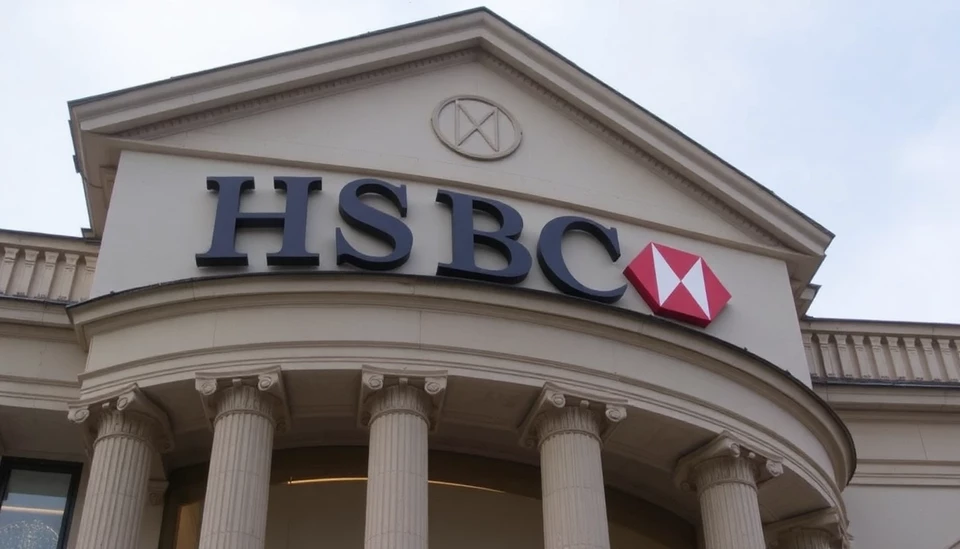
In an intriguing shift within the banking sector, HSBC Holdings plc is reportedly contemplating the outsourcing of select trading operations as a strategic move aimed at enhancing its profitability, according to sources familiar with the matter. The decision comes amid an ongoing effort to streamline operations and improve returns, as the bank navigates a challenging market landscape.
HSBC, known for its extensive global footprint, is particularly focused on its trading division, which has faced pressures due to fluctuating market conditions and increasing operational costs. The bank is exploring various outsourcing options, evaluating potential partnerships that could allow it to shed certain in-house trading functions.
This strategy could enable HSBC to concentrate on its core competencies while leveraging external expertise to manage more specialized trading operations. By outsourcing these functions, HSBC not only aims to cut costs but also to enhance efficiency and adaptability in a fast-evolving financial environment.
Industry analysts suggest that such a move reflects broader trends within the financial services sector, where many institutions are looking to optimize their operations to boost return on equity amid tighter profit margins. Outsourcing is seen as a viable solution, providing banks with the agility to respond better to market demands without the burden of maintaining a full-scale operation.
HSBC's management has yet to finalize any concrete plans regarding this outsourcing initiative. However, the mere consideration of such a strategy signals the bank's commitment to finding innovative solutions in times of economic uncertainty. It speaks volumes about the necessity for major financial players to adapt their operational strategies to remain competitive.
The potential benefits of this outsourcing approach may include improved specialized skills from third-party providers, access to advanced technology, and reduced regulatory burdens. Additionally, it allows HSBC to free up capital and resources, directing them toward areas with higher returns on investment, such as expanding customer-centric services or investing in digital transformation.
As HSBC ponders these strategic changes, the financial world will be watching closely, as this could set a precedent for other banking institutions facing similar profitability challenges. The banking landscape is continuously evolving, and organizations that can adapt rapidly are likely to lead the way in tomorrow's market.
In conclusion, HSBC’s consideration of outsourcing its trading operations underscores the increasing need for financial institutions to innovate and respond proactively to market pressures. As the situation develops, stakeholders and investors alike will be on high alert, awaiting further announcements regarding the bank’s operational strategies.
#HSBC #Banking #Outsourcing #TradingOperations #FinancialServices #Profitability #MarketTrends #Innovation #Investors
Author: Samuel Brooks




